How To Write A Meeting Proposal
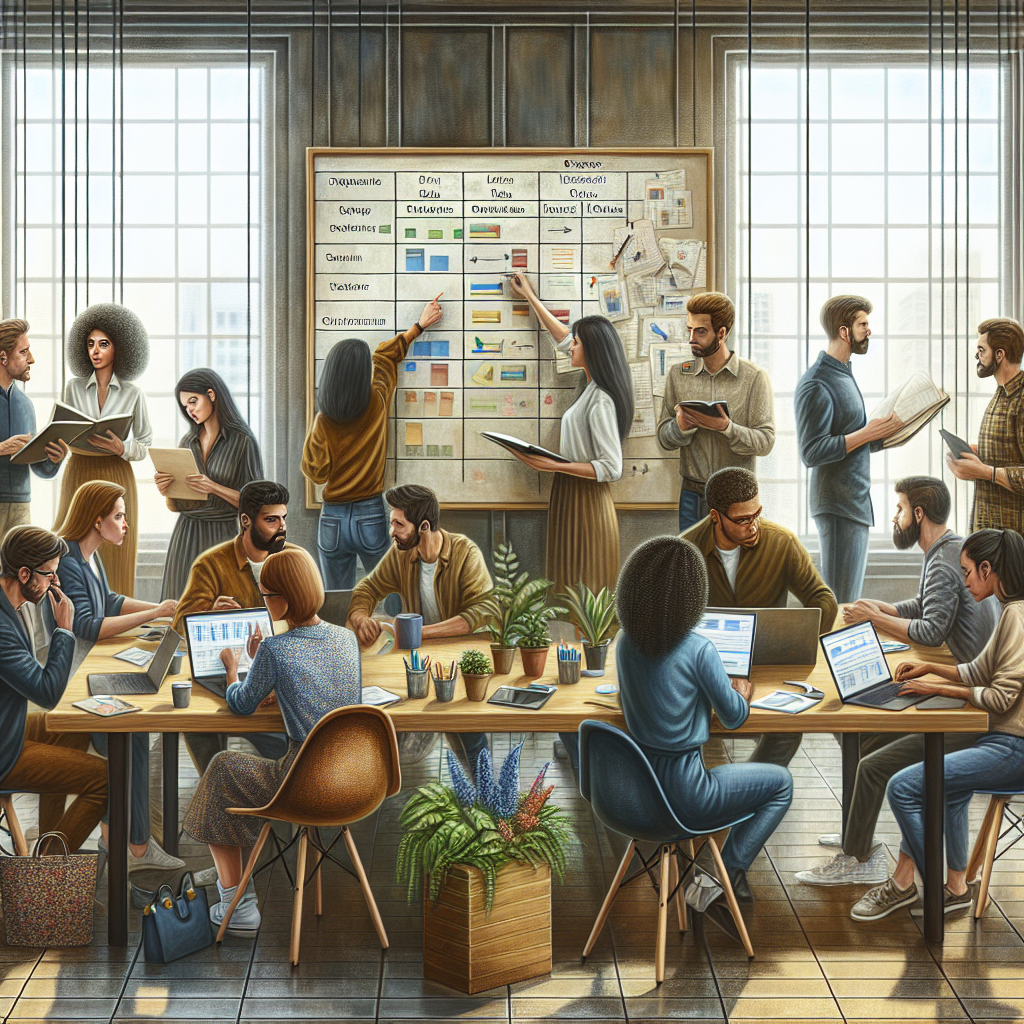
A meeting proposal is a formal document that outlines the purpose, agenda, and logistics of an upcoming meeting. It provides an overview of the topics or issues to be discussed, the desired outcomes, and any necessary preparations or resources required. A meeting proposal serves as a communication tool to inform participants about the meeting’s objectives […]
How To Write A Meeting Protocol
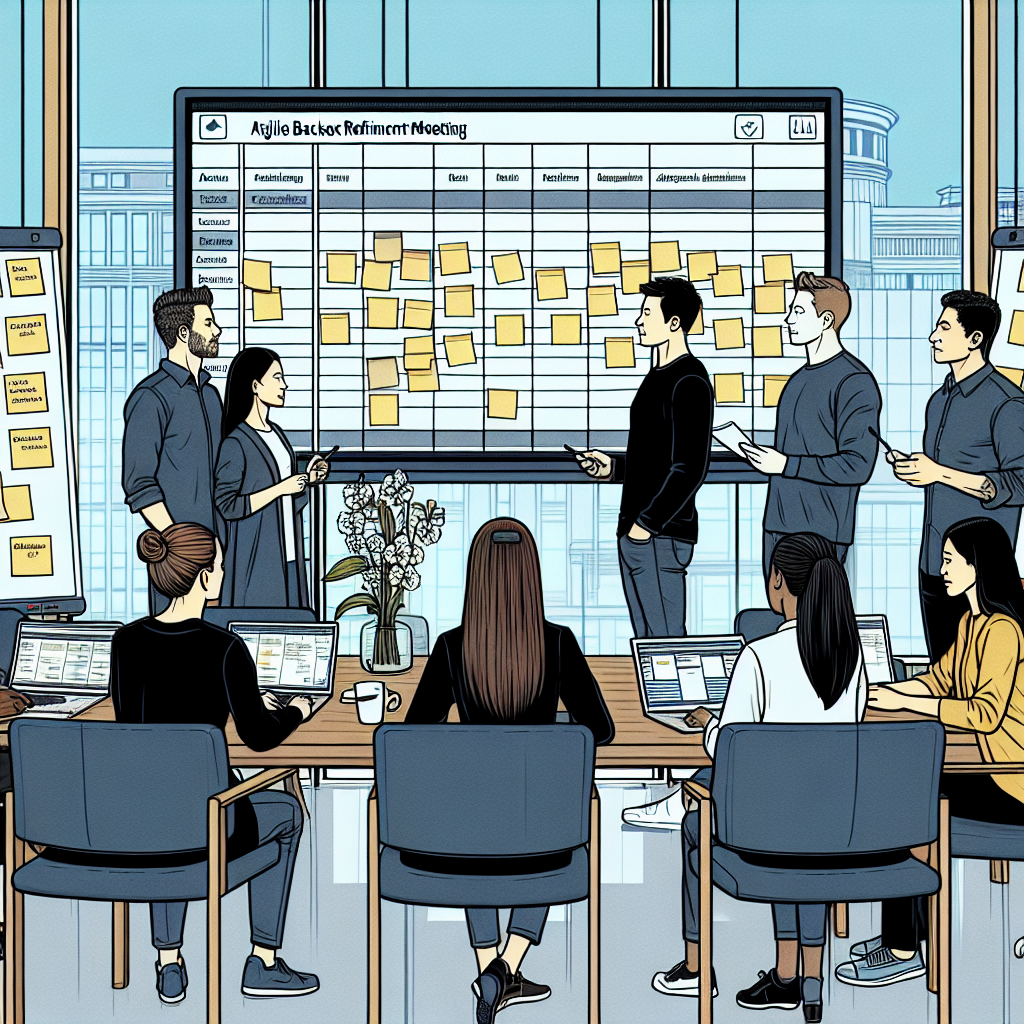
A meeting protocol refers to a set of guidelines or rules that govern the structure, conduct, and etiquette of a meeting. It outlines the procedures and expectations for participants, including topics to be discussed, speaking order, time limits, decision-making processes, and behavior standards. The protocol ensures that meetings are focused, efficient, and respectful, allowing for […]
How Do You Call A Meeting To Order

A meeting call to order is the formal beginning of a meeting where the chairperson or presiding officer officially starts the meeting by announcing its commencement and directing attendees to be seated and prepare to conduct business. It serves as a signal to the participants that the meeting is starting and that proper decorum and […]
How To Create A Meeting Charter
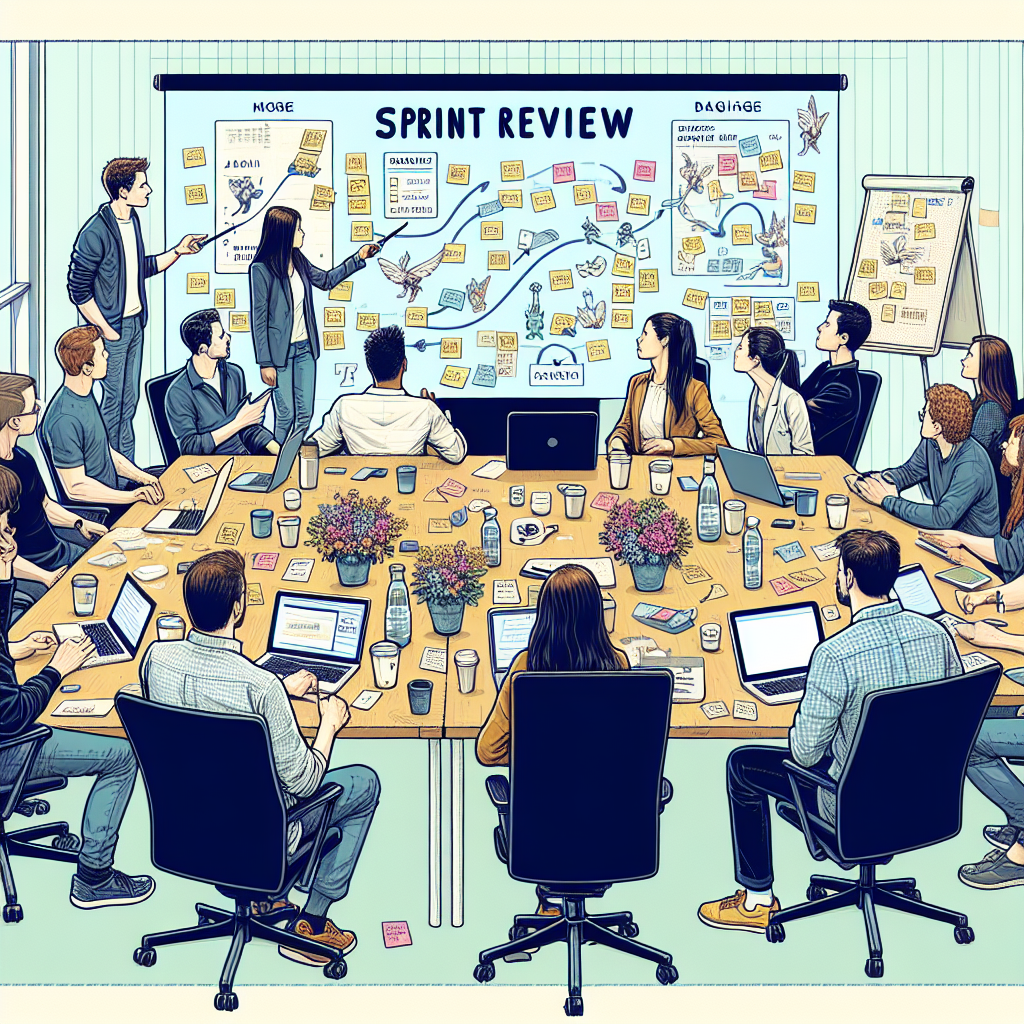
A meeting charter is a document that outlines the purpose, objectives, and desired outcomes of a meeting. It serves as a guide for participants and provides clarity on the agenda, roles and responsibilities, rules of engagement, and expected deliverables. A meeting charter helps ensure that everyone is on the same page, understands the goals and […]
How Do You Have A Respectful Meeting

Meeting etiquette refers to the set of rules and guidelines that should be followed during a formal gathering or discussion. It encompasses respectful behavior, active listening, arriving on time, being prepared, and contributing meaningfully to the meeting. Good meeting etiquette includes allowing others to speak without interruption, avoiding side conversations, being mindful of body language […]
How Do You Set Expectations Meeting
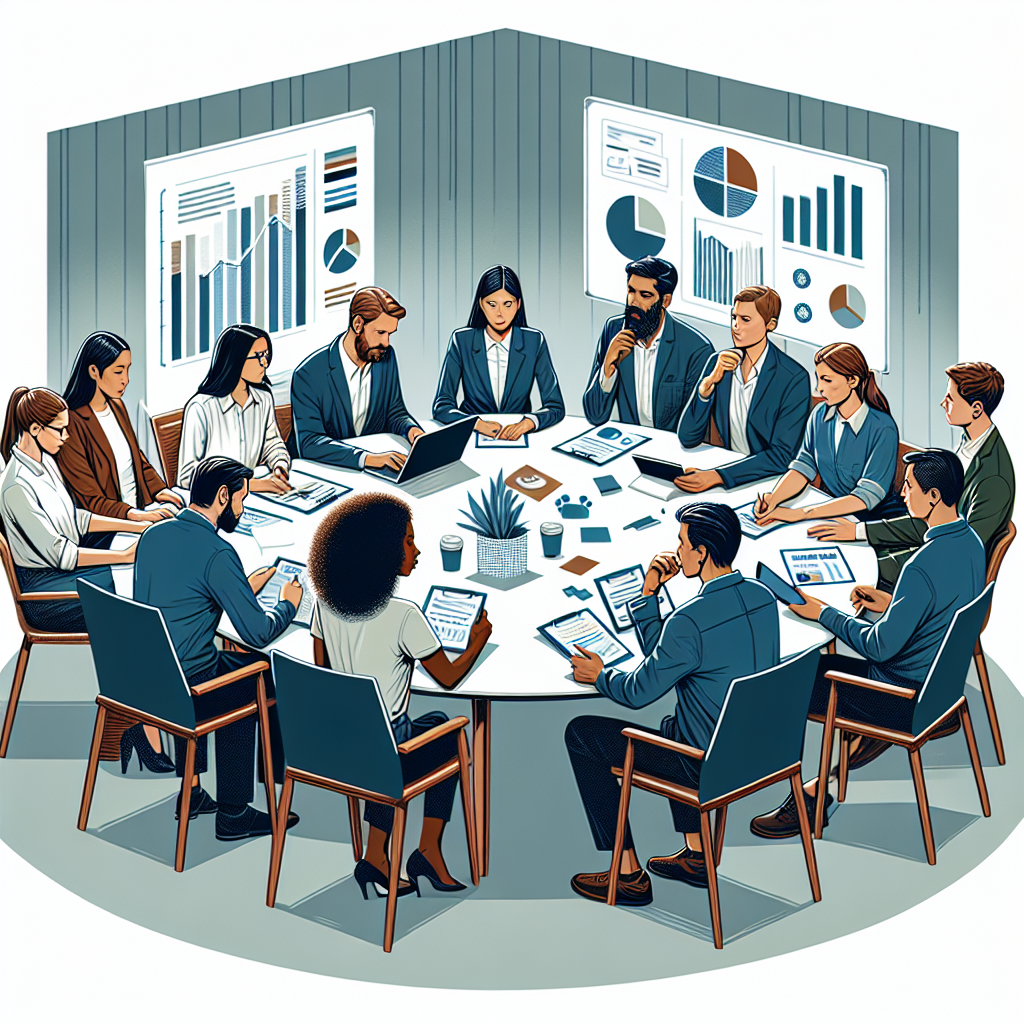
Meeting expectations refers to the act of fulfilling or satisfying the anticipated requirements or standards set for a meeting. This includes ensuring that the objectives of the meeting are clear, the agenda is well-structured and communicated in advance, relevant participants are present, and the meeting runs efficiently and effectively. Meeting expectations also involve achieving the […]
How Do You Set Meeting Guidelines

Meeting guidelines are a set of rules or principles that guide how a meeting should be conducted. They provide a framework for effective communication, decision-making, and collaboration during a meeting. Meeting guidelines typically include expectations for punctuality, respect for others’ opinions, active listening, adhering to the agenda, keeping discussions relevant and focused, and encouraging participation […]
How to collect meeting feedback

Meeting feedback is a crucial process that involves gathering opinions, comments, or reviews from meeting participants concerning the effectiveness and efficiency of a recently concluded meeting. It serves as a valuable tool for understanding participants’ perspectives on the quality of discussions, the relevancy of topics, the meeting format, how the meeting was facilitated, and overall […]
How to write an effective meeting debrief

A meeting debrief, otherwise known as a post-meeting review or wrap-up, is a process undertaken after the conclusion of a meeting where participants, usually led by the meeting’s facilitator, review what occurred during the session, its outcomes, and key points. They may discuss the effectiveness of the meeting, identify ways to improve future meetings or […]
How to make meetings more effective

Meeting Effectiveness refers to the efficiency and productivity of a meeting, centered on achieving clearly defined goals. It involves careful planning, efficient time management, active participation, and constructive communication from all attendees. Effective meetings lead to informed decisions, enhanced teamwork, actionable next steps, and tangible outcomes. The level of effectiveness is generally determined by the […]
How to create an effective meeting culture
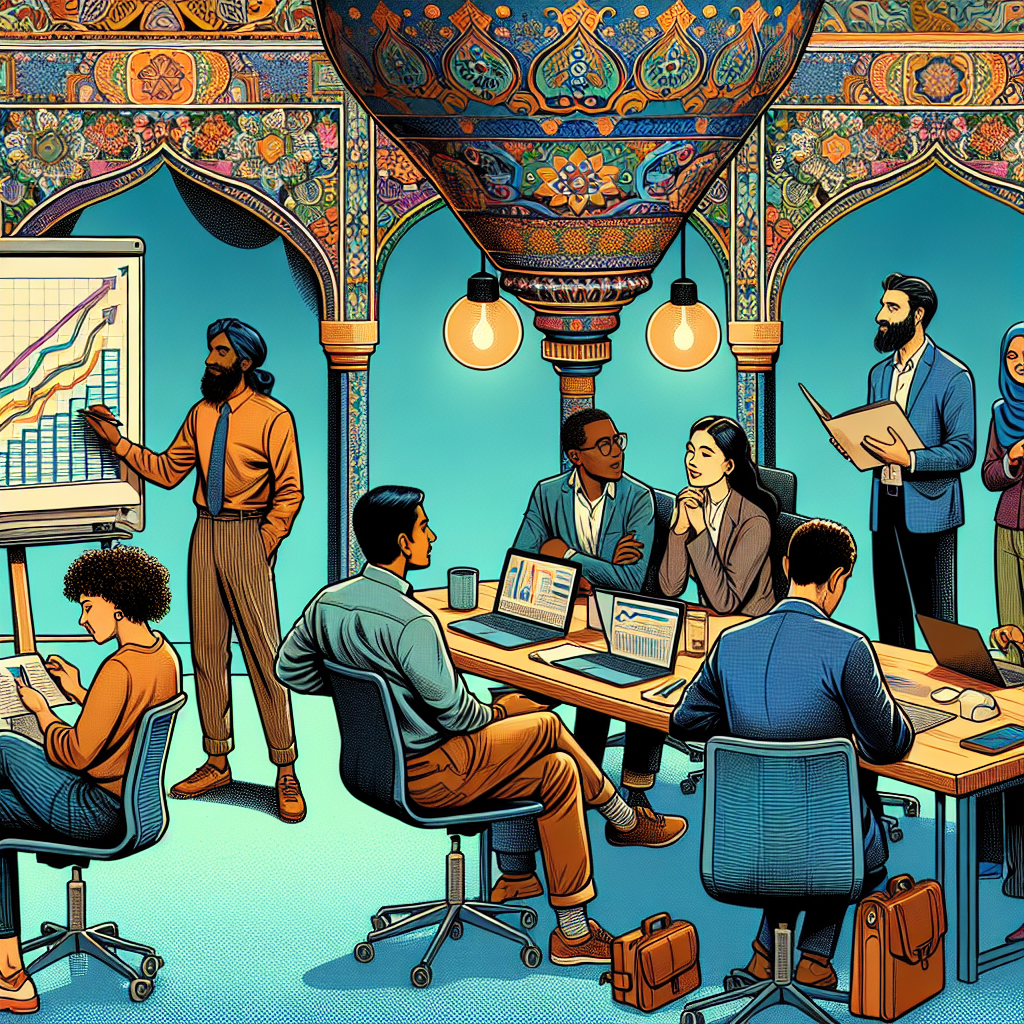
A Meeting Culture refers to the established norms, values, behaviors, and expectations around how, when, and why meetings are held within a professional organization. It dictates the frequency, structure, punctuality, and level of engagement in meetings, as well as attitudes towards decision making, information sharing, and collaboration. It reflects the company’s overall work culture, directly […]
How to facilitate a meeting

Meeting facilitation is a structured process in which a designated person, referred to as a facilitator, guides a group of people through a meeting or discussion in a systematic, organized, and pace-conscious manner. The facilitator’s primary role is to encourage dialogue, stimulate critical thinking, manage conflicts, ensure the meeting’s objectives are met, and that all […]
How to become a meeting facilitator

A meeting facilitator is an individual appointed to guide a meeting in an organized, productive and unbiased manner, ensuring that every participant’s viewpoints are heard, facilitating discussions, and keeping the discussion aligned with the meeting agenda. They use their skills to stimulate meaningful conversations, encourage participation, manage conflicts or disagreements, and ensure the meeting accomplishes […]
How to implement effective meeting norms

Meeting norms, also known as ground rules or protocols, are predefined standards and expectations set to guide the behavior of all members during a meeting. They are designed to streamline communication, expedite decision making, and promote a respectful and inclusive environment. Norms typically address aspects such as timeframe, participation, communication, confidentiality, decision-making process, and the […]
How to effectively resolve meeting conflicts

A meeting conflict arises when two or more scheduled meetings overlap in time, creating a situation where an attendee is expected or required to be in two places at once. This could be due to improper scheduling, lack of communication, or misunderstanding among the concerned parties. Meeting conflicts can lead to missed discussions, delayed decision-making, […]